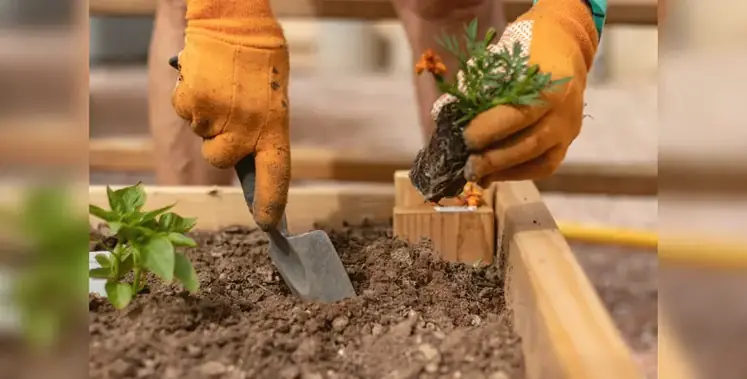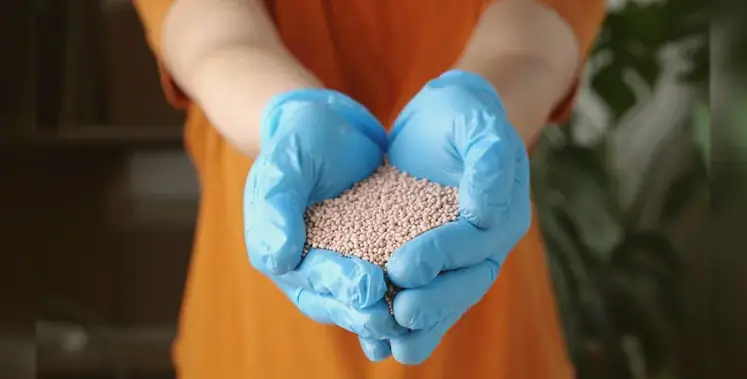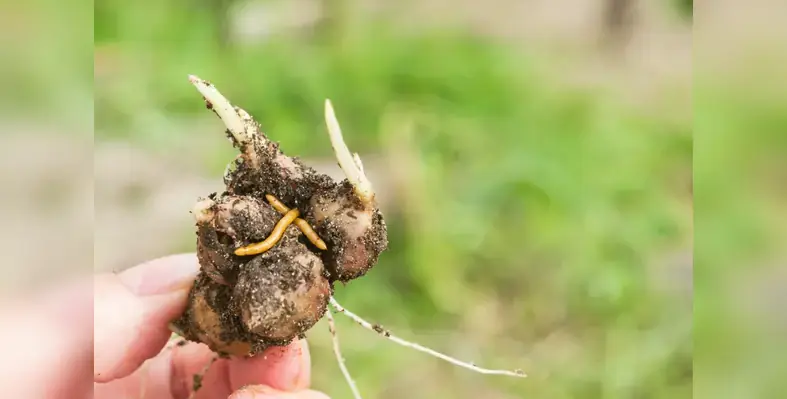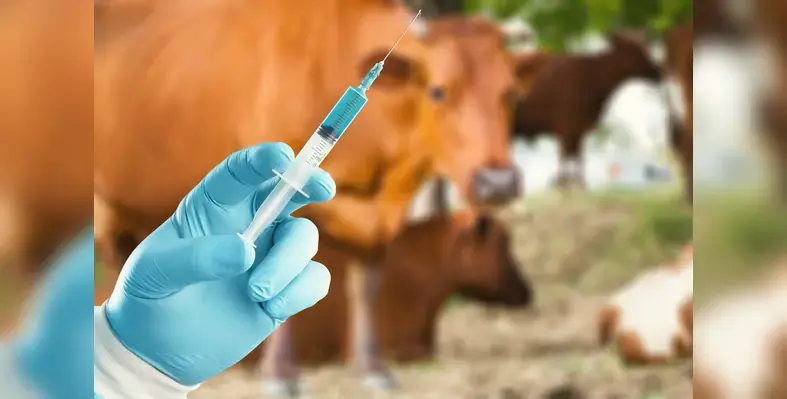The Australian Government has announced an independent review of the Horticulture Code of Conduct to ensure it remains effective and relevant to the needs of the horticulture sector.
The review will be led by Mr Chris Leptos AO. He will consult with growers, traders, industry representatives and government agencies across the supply chain. A consultation paper will be released to invite feedback and submissions from stakeholders.
Horticulture is Australia’s third largest agricultural industry. Production value is forecast to reach 18.9 billion dollars this financial year, with exports expected to reach 4.4 billion dollars.
The Horticulture Code of Conduct regulates trade between growers and traders of wholesale unprocessed fruit, vegetables, nuts and herbs. It was last reviewed in 2015.
Central wholesale markets are supplied by about 10,000 growers and serviced by more than 400 fruit and vegetable wholesalers. Around 13 million sales transactions take place each year, covering 4 million tonnes of produce valued at more than 8 billion dollars.
Minister for Agriculture, Fisheries, and Forestry, Julie Collins MP, said: “The Horticulture Code of Conduct was designed to protect our growers and traders who are responsible for so much of Australia’s incredible fresh food,” she said. “The horticulture sector has changed since the Code was last reviewed in 2015, and we want to understand if the Code is still fit-for-purpose. This is an important opportunity for growers, traders, and stakeholders from across the horticulture supply chain to have their say and to ensure we continue to improve transparency and accountability.”
Assistant Minister for Productivity, Competition, Charities, and Treasury, Andrew Leigh MP, said: “Fair competition is the foundation of a strong horticulture sector,” he said. “The Horticulture Code exists to stop unfair dealing and keep the playing field level. From the first handshake to the final invoice, we expect growers and traders to deal in good faith. Strong competition isn’t just good economics—it drives innovation, efficiency, and better outcomes for growers and consumers.”
A final report will be provided to the government by the end of April.








